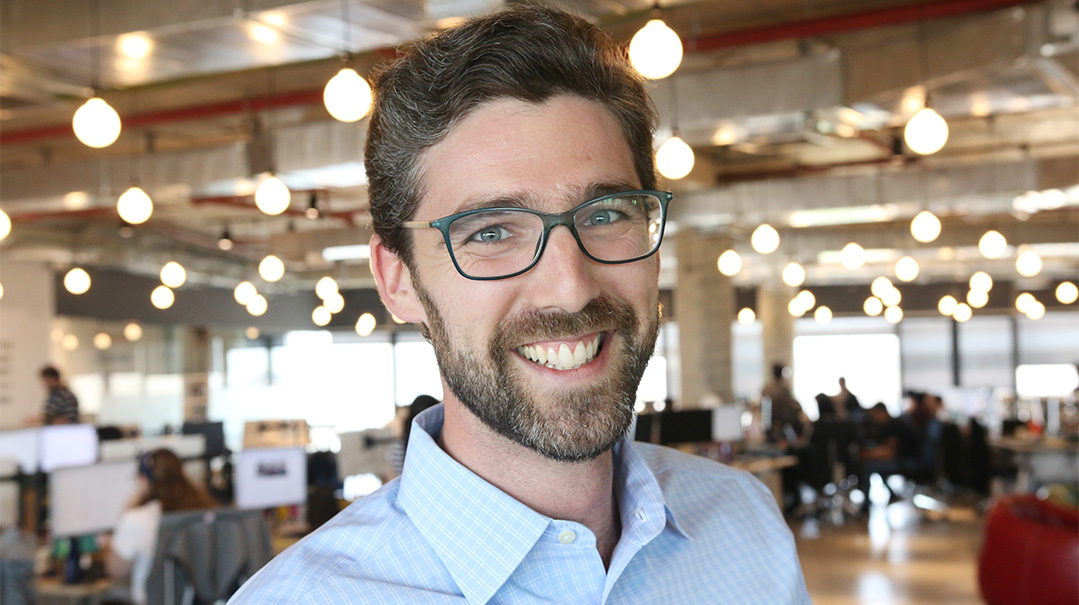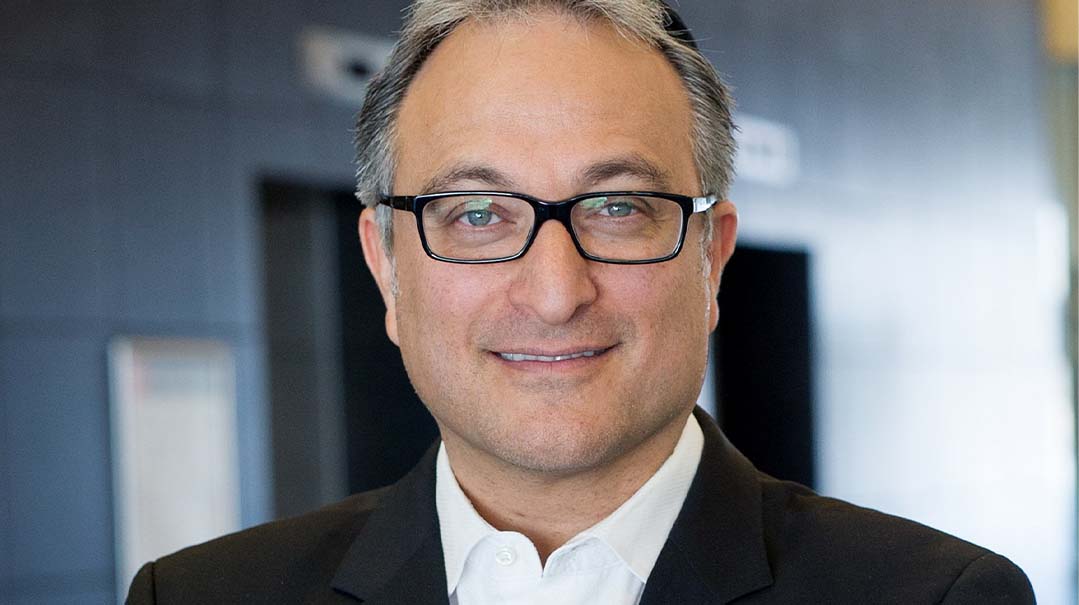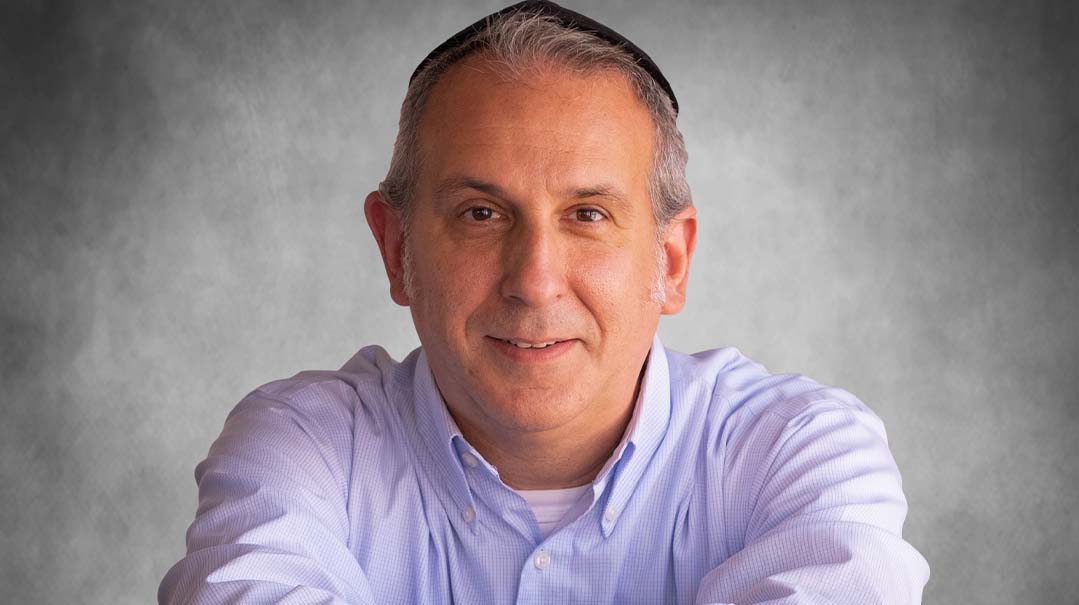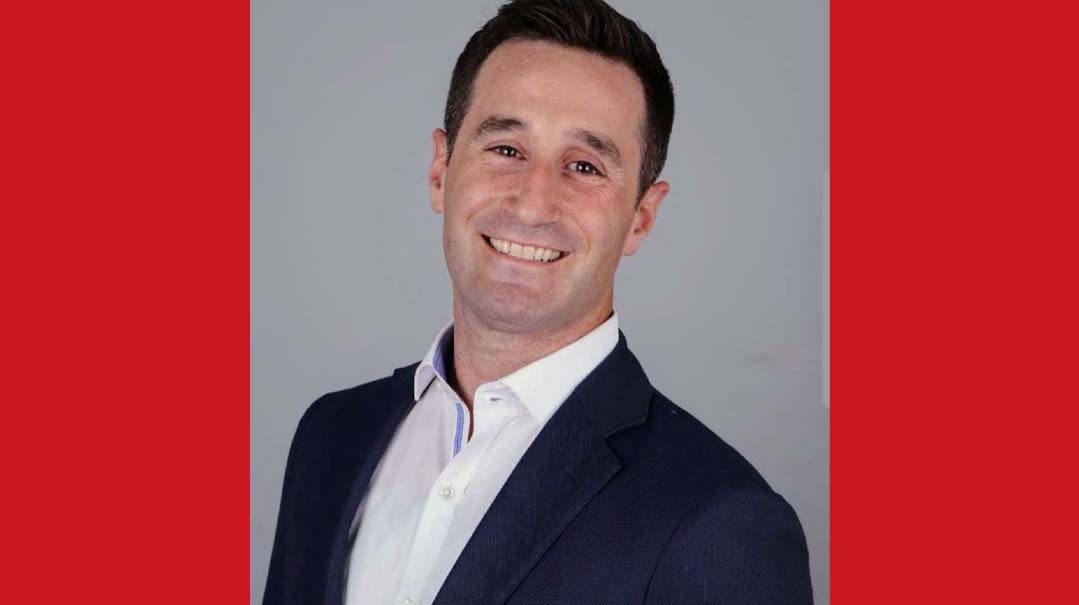Work/Life Solutions with Duvy Perkowski

Who Duvy Perkowski, founder and CEO of Duvys Media, a revolutionary web development and marketing firm turning heads inside — and outside — the frum community.
What Duvy wrote his first software as a high schooler and built his first website in yeshivah in Eretz Yisrael. As a trailblazing Internet pioneer, Duvy’s work was spotlighted by CBS Radio and Time Out New York as early as 1999, when the fledgling start-up’s “corporate headquarters” was a yeshivah dormitory.
Since then, Duvys Media has built thousands of websites for his clients, which include government, corporations, and nonprofits. In addition, it developed the highly popular Rayze.It™ fundraising platform, which facilitated over $100 million in online fundraising by putting cutting-edge fundraising tools into the hands of nonprofits of any size — at minimal cost.
Where Based in Lakewood, New Jersey, Duvy and his team serve clients all over the world. He also mentors young entrepreneurs through a volunteer network called The Jewish Entrepreneur.
Why I have been inspired by Duvy for a number of reasons. First, his position at the forefront of the frum web arena makes him the go-to for anything and everything related to our community. That often puts him shoulder to shoulder with higher-ups at Google, the FBI, the Department of Homeland Security — and he always makes a huge kiddush Hashem. Second, he is not only warm and personable, but he also exudes a strong sense of yishuv hadaas (inner peace) and happiness. This is super impressive for someone as busy as he is. Third, despite his tremendous success, he remains modest and unassuming. He really didn’t want to be featured — I worked long and hard to get a yes, and then long and hard to pull relevant content for the article. I hope you’ll enjoy it as much as I did.
1 of 9 What opportunities or personalities played a key role in your career path?
Sometimes it’s amazing how a so-called “chance” encounter ends up becoming a critical moment that sets the direction of your life or career path. Back in 1997, I was learning in Eretz Yisrael when a close friend called to tell me he’d been laid off. He was working for an apparel manufacturer and the layoff was part of large-scale downsizing due to the changing industry. I suggested that he present his company with an offer to “put them on the web,” provided that they give him a share in the earned revenue. When they agreed, he told me I now had to build the website to save his job.
Back then, the web wasn’t on the radar of most average companies. With this company’s market niche, I felt this could be a real game changer. To be honest, I wasn’t exactly sure how to make it happen, but I was determined. The company agreed, but reneged halfway through, deciding to build their own site so they wouldn’t have to share any profit — they realized how valuable it was.
I was left with a half-built site, so I decided to complete it anyway and my friend used it to start his own business. That first site won awards — when listing top apparel websites for 1998, Time Out New York chose GAP as the winner and my site as runner-up. But others began asking for websites… and that’s how Duvys Media was born.
4 of 9 What would you say was your most resounding failure? What did you take away from that experience?
I’ve had my share of failures. If I try to develop a new product line or service and it doesn’t pan out — is that a failure? Possibly. But failures are part of growth and should be viewed as a positive stepping stone.
The only way to grow and develop is through exploring new, different ideas. Sometimes they work. Other times they don’t. But you can’t get somewhere without traveling the road.
Because I have this attitude, I’ll never go into something without preparing an exit strategy. When you know from the get-go that this thing may or may not work, you end up gaining even when you lose. Besides getting thicker skin, there is so much you learn about how to extend beyond your comfort zone, test the waters, and know when and how to retreat and move on. Ultimately, our long list of successes ends up being a direct result of those so-called “failures.”
6 to 9 What is the most inspiring feedback you’ve ever received? Did that impact what you did next?
When I started out, I was in yeshivah, working bein hasedorim to develop my passion into a real company. Someone was kind enough to arrange a meeting for me with real estate mogul Mr. Avi Schron. I thought it was a kind gesture on his part to give me a few minutes of his time and perhaps let me try my hand at some small project. But I was surprised, because as soon as I showed him a little bit of what I was doing and the level of expertise I had acquired in my field, the tables turned. He was now all ears.
I couldn’t believe it — here was this successful developer taking in my ideas and valuing my opinions. He hired me for one project on the spot. A short time later, he brought me in for many other projects involving his main company.
This taught me a profound lesson about the way truly successful people value professionalism. They’re always ready to listen to those who may have more expertise than they do, in any given area.
7 to 9 If you were asked to deliver a TED Talk that would be watched by 50 million people, what topic would you choose to speak about? Why?
I would share a powerful message I learned from the instances when large organizations brought me in to consult. For instance, when Homeland Security called me down to plan out the best method of communication to reach the frum community during emergencies, my initial thought was: What advice can some yeshivah guy from Lakewood offer to the security experts?!
I had a similar experience with Google. Initially, they involved me with their Yiddish translation and we built a relationship. Because we run many Jewish news outlets such as Yeshiva World News and The Lakewood Scoop, they reach out to me whenever they want to work with the frum market.
I was always flabbergasted when I received calls like that. I mean, what can I possibly offer the behemoth of global technology, or one of the most sophisticated security agencies in the world? But the bottom line is, I had something to give. And so does everyone.
These experiences showed me that everyone has different knowledge and strengths. Everyone has unique abilities and skills, and everyone has something to give, even to the people who seemingly have it all. I’d want to make sure every person in the audience understood that.
8 to 9 How do you navigate the tension between your deepest values and the business world?
There certainly are times when such challenges arise and it’s important to have a rav who you can turn to. Then of course, you need to have the conviction to follow his daas Torah whether you are happy about it or not.
There have been instances where we’ve gotten requests to create fundraising platforms for organizations that are hashkafically problematic and go against our values. At those times I reach out to a local rav — most of the time, it was permissible to go ahead with those specific causes. In one recent, extra-complicated scenario, the rav wasn’t comfortable paskening and suggested I speak to Rabbi Dovid Cohen, a posek from Brooklyn. I presented the sh’eilah to Rabbi Cohen and he too felt that he didn’t have the shoulders for it. He suggested I speak to Rabbi Dovid Feinstein. Once I saw the weight of the question, I decided to drop the client — even if it was halachically okay.
Ultimately, running a kosher business that toes the line is very important to me, so even when we do get a halachic green light, I may still consider rejecting a project.
Once, a court was requesting data and log details from our servers that could potentially affect the outcome of a pending case. The defendant was Jewish and by complying with the court subpoena, I would have been instrumental in indicting a Jew. The psak I received was specific to my scenario, but what’s important is to be prepared to ask, put your values ahead of your business aspirations, and do what’s right.
9 to 9 If you were advising a young man/woman hoping to launch a career as an entrepreneur, which “do’s” and “don’ts” would you share?
As much as we like to credit our successes to skills, strengths, or strategies, in hindsight, the hand of hashgachah remains obvious. So much of what happens in our lives has to do with being “in the right place at the right time,” and success in business is no different. There are so many instances where I can clearly point to the Yad Hashem in making things happen.
That said, ultimately, we are all blessed with our own unique strengths and we each have our unique niche or void to fill successfully. As much as aspiring entrepreneurs know this, they often lose focus, getting caught up with the wide-open opportunities out there. The most important piece of advice I can give is to identify your strength and your niche and maintain a targeted focus on succeeding within your niche. Build a detailed plan that capitalizes on your strengths and provides you with the tools and capabilities to successfully compete in that specific arena. Everything in your plan should revolve around your target. Hire the people who will best help you succeed in your arena. Keep your eye on the ball. Regularly review and tweak your plan to make sure that your target is still in focus.
(Originally featured in Mishpacha, Issue 740)
Oops! We could not locate your form.













